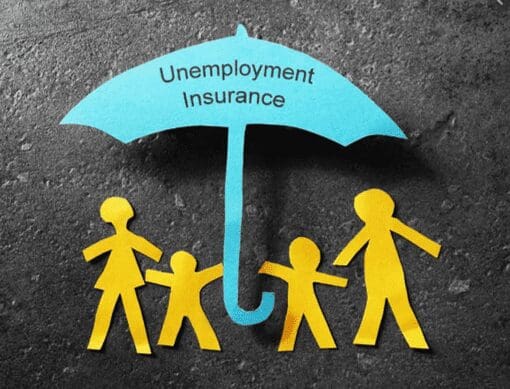The $600 unemployment bonuses did not lead to people working less, Yale study shows
By: Evan Sully
KEY TAKEAWAYS
- Economists at Yale University found no evidence that the $600 weekly jobless benefits Congress authorized in March reduced employment.
- A study from the Chicago Fed had similar findings.
- The studies’ results directly challenge a claim frequently made by Republican lawmakers and members of the Trump administration that the extra unemployment payments decreased people’s desire to reenter the workforce.
- The expanded benefits from the CARES Act, a $2.2 trillion stimulus package passed in March, are set to expire on July 31.
A report by economists at Yale University did not find any evidence that the $600 weekly jobless benefits authorized by Congress in March in response to the COVID-19 outbreak reduced employment in the US.
The findings suggested that in the aggregate, the expanded benefits “neither encouraged layoffs during the pandemic’s onset nor deterred people from returning to work once businesses began reopening.”
“Workers facing larger expansions in unemployment insurance benefits have returned to their previous jobs over time at similar rates as others,” the economists said. “We find no evidence that more generous benefits disincentivize work either at the onset of the expansion or as firms looked to return to business over time. In future research, it will be important to assess whether the same results hold when states move to reopen.”
The $600-per-week unemployment benefits that millions of Americans have been receiving under the Coronavirus Aid, Relief, and Economic Security Act expire at the end of July. This comes as members of the Trump administration have been critical of these benefits to unemployed Americans, saying they discourage people from returning to work.
White House economic adviser Larry Kudlow told CNN in June that the measure was a “disincentive” to work, adding, “We’re paying people not to work.”
On the contrary, the study didn’t find any evidence that recipients of more generous benefits were less likely to return to work. The researchers said workers who received larger increases in their unemployment benefits relative to their wages did not experience greater declines in employment after the CARES Act was enacted.
The researchers used weekly data from Homebase, a company that provides time-sheet and scheduling software to small businesses across the US.
“The data do not show a relationship between benefit generosity and employment paths after the CARES Act, which could be due to the collapse of labor demand during the COVID-19 crisis,” said Joseph Altonji, the Thomas DeWitt Cuyler professor of economics in the faculty of arts and sciences and a coauthor of the report.
The Federal Reserve Bank of Chicago found a similar trend, according to MarketWatch.
“Those currently collecting benefits search more than twice as intensely as those who have exhausted their benefits,” the study, which was published in June, said.
The Chicago Fed study also said unemployment benefits generally last for six months, and people are paid about 35% of their weekly salary on average. GOP lawmakers on Monday introduced a $1 trillion stimulus plan that includes a second $1,200 direct payment for Americans.
The plan, which was introduced on the Senate floor by Sen. Chuck Grassley of Iowa, also includes funds for an extension of the boosted unemployment benefit but at a smaller amount and $60 billion for more small-business loans.
These provisions would first need to be approved by the Democratic-controlled House and signed into law before going into effect.
Democratic lawmakers have indicated a willingness to negotiate around the amount in the extension of unemployment benefits.
“Look, it’s not $600 or bust,” House Majority Leader Steny Hoyer said in a recent interview. “Pelosi said the other day, which I thought was a great line: ‘We don’t have red lines; we have values.’ We’re going into these negotiations with values.”
See original article here: https://www.businessinsider.com/600-unemployment-bonus-payments-dont-cause-less-work-yale-2020-7




















